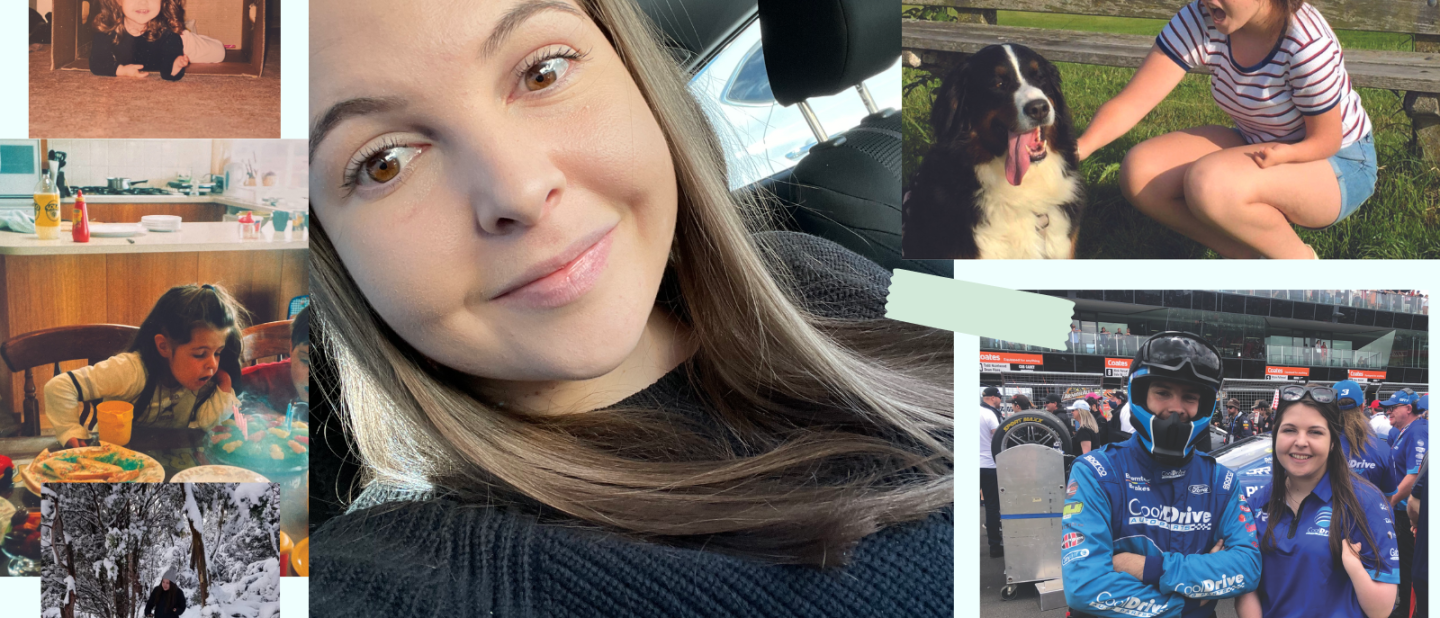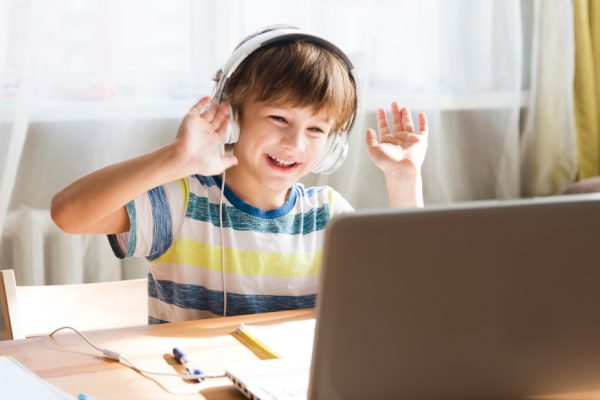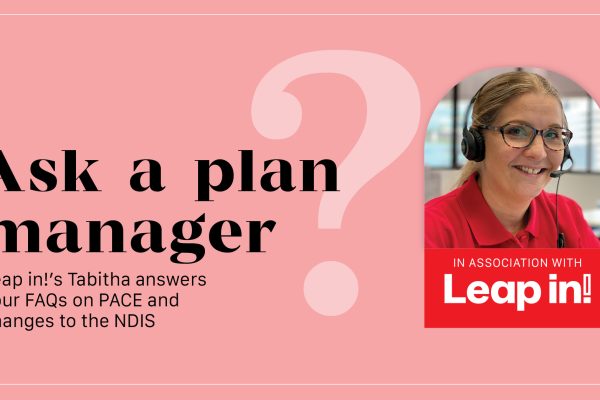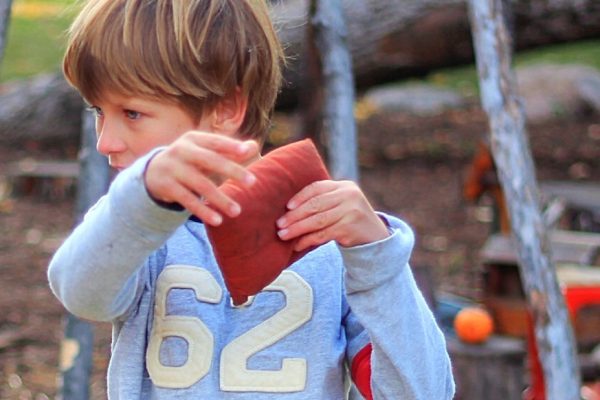
Finding her voice
By Rebekah Devlin & Lily Toengi-Andrews
Being “different” is never easy. But growing up in country NSW, without ever coming into contact with anyone like her, made it all the more difficult for Natalie Hood.
There are still days when Natalie Hood chooses to hide her arms. Sometimes, she just doesn’t have the headspace for the looks and the conversations that inevitably follow. The 22-year-old has bilateral ulnar longitudinal deficiency – a limb difference which means her left arm is permanently fixed in a flexed position and her right arm is bowed in the forearm. She has two fingers on each hand.
Natalie is currently in her fourth year studying speech pathology at university and works at Woolworths as a checkout operator.
“A lot of people ask me if I am a Thalidomide baby, and I’m like, ‘that drug was banned in the 1960s. I was born in 1999. How old do you think I am?’,” she says with a wry laugh.
While she understands that people don’t set out to demean her, some can be quite insensitive with comments like “it is so good to see someone like you with a job”.
“What do they mean, ‘someone like me?’ I am just trying to make some money. Why does it have to be something special, or so out of the realm of possibility, that I have a job and I’m trying to live my life?” she says.
Some days she is able to shrug off the comments, other times, it can really impact her.
“Everybody has bad days where they just don’t want to deal with things. I suppose I just don’t feel like being resilient every day,” Natalie says.
“And why should we always be expected to be resilient? Shouldn’t society learn how to engage appropriately, to understand how we might feel?”
Just the morning of our chat, she had a woman approach her at the gym to say what an inspiration she was.
“She meant well, but it’s just really awkward to deal with, I’m just there working out, doing my life stuff… I’m also just not very good at taking a compliment,” she says.
Growing up in Deniliquin (about two hours west of Wodonga) in country New South Wales, Natalie didn’t encounter anyone who “looked like me” when she was young.
“I grew up and interacted with a lot of people who had disabilities, and we would go to similar things, but there wasn’t anyone like me, having something so rare and unheard of,” she says.
There were no mentors, little support for her limb difference and limited access to resources, funding, support groups, sports, specialists or even occupational therapists and physiotherapists.
Her family moved to Wodonga when she was seven, but even in a bigger regional town, there was still very limited understanding.
She had a hard time at school, and was excluded by other girls, particularly between grades five and 10.
“Mum’s told me about when I came home from school one day and a boy had said to me ‘you’d be so much prettier if it wasn’t for your arms’. Thankfully I don’t remember that happening,” she recalls.
“Kids can be pretty savage.”
It’s one of the reasons Natalie has become a mentor with the newly- established Aussie Hands Foundation’s Peer Support Network – to help others know that they’re not alone.
“I remember when we had our first meeting about the mentoring program, and all of us said it, we’d never seen so many people like us in the one place before. It was then that we all realised just how much this was needed,” she says.
“Hopefully we can change that a bit with the peer support program.”
In her role as a mentor, she has the opportunity to talk to young people with limb difference, as well as their families. She encourages them to believe in themselves and always try their best – but to also be honest about their feelings, especially on the bad days.
“While telling a child with a difference not to hide their arm/hand, and that you love them just the way they are – or telling them to just ignore the looks and the scrutiny, may feel like you are supporting them, it isn’t always the case,” she says.
“Acknowledging why they are hiding their arm/hand, how they feel on that day, in that moment, in that scenario, can sometimes be more helpful and supportive.”
Natalie says despite many good intentions, most people have no idea of the issues and difficulties encountered by those with limb difference.
“While people respect me for what I can do, they don’t always realise what I have been through just to have an average day,” she says.
“I explain to them that I can only drive for about 90 minutes before I fatigue. And cooking a one-hour meal takes me two- and-a-half to three hours.”
Even just getting her licence was more difficult than it needed to be – red-tape and unnecessary delays meant it took more than two years for her L-plates to be issued, so now she will be nearly 25 by the time she is on her full licence.
She also had trouble accessing the NDIS.
It’s another reason why she’s so keen to be part of the mentoring program – to help others navigate these potential roadblocks.
“I just want to help people who are going through those kinds of situations like I did: needing special consideration for exams
at high school and university, applying for jobs and rejection, getting my licence and NDIS approval, even for my mum getting Centrelink, the endless questions of why you need or deserve assistance, it’s a constant thing of advocacy. It can be exhausting,” Natalie admits.
“I have definitely had challenges but I have been really lucky with support from family and friends. I also had an amazing experience doing a Rotary exchange for a year in Switzerland that opened up another world to me.
“Having this disability and these challenges hasn’t stopped me from trying my best and living a good and pretty typical life.
For more information on The Aussie Hands Foundation and its Peer Support Network, head to aussiehands.org







